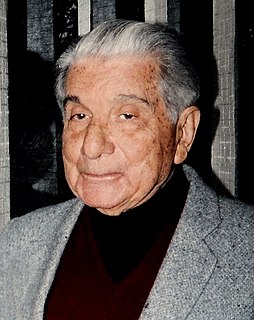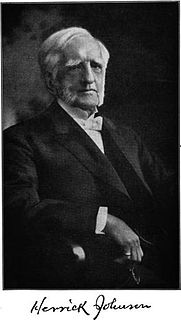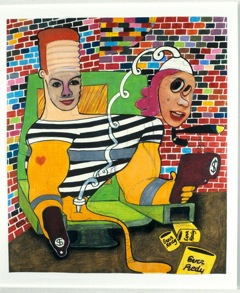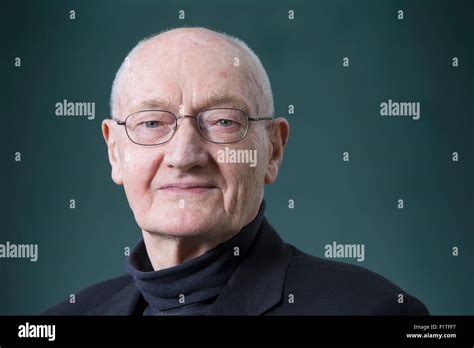Цитата Аугусто Роа Бастоса
Буквам все равно, правда или ложь то, что написано ими.
Связанные цитаты
Истинное великодушие состоит именно в борьбе за уничтожение причин, питающих ложное милосердие. Ложное милосердие заставляет боязливых и смиренных, «отверженных жизни», протягивать дрожащие руки. Истинное великодушие заключается в том, чтобы стремиться к тому, чтобы эти руки — будь то отдельных лиц или целых народов — все меньше и меньше нуждались в протягивании в мольбе, чтобы они все более и более становились человеческими руками, которые работают и, работая, преображают мир.
Еще я люблю говорить своим ученикам: «Сколько коринфян читают послания Павла?» Ответ - нет. Им было наплевать! Не осталось даже посланий к Коринфянам, но письма Павла сохранились. Пол не был профессиональным писателем. Его к чему-то призывали, и он отправлял свои письма. Это хороший способ взглянуть на это. Что вы можете делать что-то, до чего никому нет дела, но вы должны это делать. Дело не в том, что люди должны заботиться, а в том, что вы должны заботиться.
Все религии просто и ясно не могут быть истинными. Некоторые убеждения ложны, и мы знаем, что они ложны. Так что нет смысла окружать понятие толерантности ореолом, как если бы все могло быть в равной степени истинным. Считать все убеждения одинаково истинными — это полная ерунда по той простой причине, что отрицание этого утверждения также было бы истинным. Но если отрицание утверждения также истинно, то все религии неверны.
Интуиционисты считают, что бывают случаи, когда, скажем, некоторое утверждение тождества между действительными числами не является ни истинным, ни ложным, даже если мы знаем, что оно не может быть ложным. То есть: мы знаем, что не может быть, скажем, а = b, но мы не можем заключить, что а = b. В общем случае мы не можем перейти от не-не-р к р в интуиционистской логике. Я предлагаю тому, кто верит в неясные объекты, сказать что-то подобное. Никогда не может быть правдой, что неясно, является ли А В. Но это не означает, что всегда существует факт того, является ли А В.
Пусть ваше письмо будет написано как можно точнее, я имею в виду язык, грамматику и остановки; ибо, что касается этого вопроса, чем меньше хлопот вы доставите себе, тем лучше будет. Письма должны быть легкими и естественными и доносить до людей, которым мы их отправляем, именно то, что мы должны были бы сказать этим людям, если бы были с ними.
Либо христианство истинно, либо ложно. Если вы ставите на то, что это правда, и вы верите в Бога и подчиняетесь Ему, тогда, если это правда, вы обрели Бога, небеса и все остальное. Если это ложь, вы ничего не потеряли, но у вас была хорошая жизнь, отмеченная миром и иллюзией, что в конечном счете все имеет смысл. Если вы ставите на то, что христианство не истинно и ложно, вы ничего не теряете. Но если вы поспорите, что это ложь, а окажется правдой, вы все потеряете и проведете вечность в аду.
Не совсем верно, что в Америке не пишут хороших писем: среди моего собственного круга тамошних корреспондентов есть дамы и господа, чьи письма выдержали бы сравнение с любыми откровенностью, изяществом и эпистолярной красотой всякого рода. Но я не знаю какой-либо середины между этим превосходством и ничтожностью интерната, которая характеризует все остальное.
Большинство открытых писем, несомненно, исходят из хорошего источника, вызванного неподдельным возмущением, беспокойством или заботой. Следует признать, что в большинстве открытых писем есть и самодовольство: ощущение, что мы, как писатели таких писем, знаем лучше, чем те, кому эти письма адресованы. Мы будем делиться с вами своим мнением, с вашего согласия или без него.
Разве ложь в конце концов не приводит к истине? И разве все мои рассказы, правдивые или ложные, не ведут к одному и тому же заключению? Разве они не имеют одинакового значения? Так какая разница, истинны они или ложны, если в обоих случаях они значимы для того, чем я был и чем я являюсь? Иногда легче разглядеть лжеца, чем человека, говорящего правду. Правда, как свет, ослепляет. Ложь, напротив, — прекрасный полумрак, украшающий каждый предмет.







































